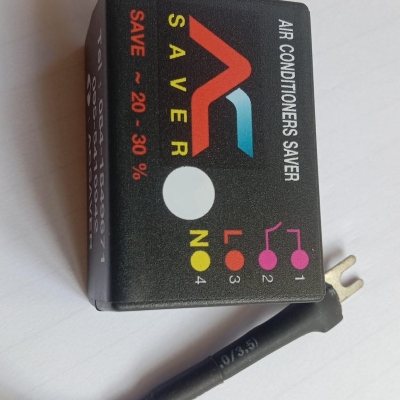The Pi Network ecosystem is divided into internal and external components, each serving different roles in Pi’s development. The internal ecosystem centers on a decentralized, community-driven model built around mobile mining, the non-custodial Pi Wallet, and a P2P marketplace where Pioneers directly use Pi for goods and services.
In contrast, the external ecosystem involves Pi tokens being available on global trading venues outside the EU. PiBit Ltd. is seeking admission to EU-regulated platforms to increase accessibility and liquidity for users. Internally, transactions remain fully on-chain with no centralized custody, while externally, third-party exchanges manage secondary trading without issuer control.
A major part of the documentation outlines extensive risk disclosures, stressing volatility, regulatory uncertainties, and the absence of guaranteed value.
Offer-related risks explain that Pi’s price depends on speculation, macroeconomic conditions, liquidity changes, and evolving laws. These risks apply to both ecosystems, but external markets face additional exposure such as delistings or platform-specific restrictions.
Issuer-related risks include regulatory changes, operational issues, competition, fraud, or reliance on key personnel. Pi’s decentralized internal model reduces some central risks, while external markets face broader regulatory scrutiny.
Crypto-asset risks highlight irreversible transactions, immutable blockchain records, unstable markets, and limited oversight especially in external trading. Internally, P2P transactions are final; externally, markets may face manipulation or unsustainable activity.
Project-implementation risks relate to unexpected technical challenges, mining-system development, or protocol upgrades. Technology risks include cyberattacks, private key loss, bugs, vulnerabilities, and third-party dependencies. To mitigate these issues, the system uses KYC/KYB verification, 2FA, access controls, and incident-response procedures that apply both internally and in external exchange environments.
The issuer section identifies PiBit Ltd., a BVI company formed on December 24, 2024, as the entity seeking EU trading admission. It is connected to the Pi Foundation (Cayman Islands) and operated by SocialChain, Inc. PiBit has no historical financial statements, is funded by the Pi Foundation, and has conducted no ICO. Its function is tied to governance and support for the Pi ecosystem.
The admission explanation clarifies that this is not a public offer, but a request for Pi tokens to be authorized for trading within the EU/EEA. The aim is to allow people in these regions to legally access, purchase, and trade Pi on regulated platforms.















